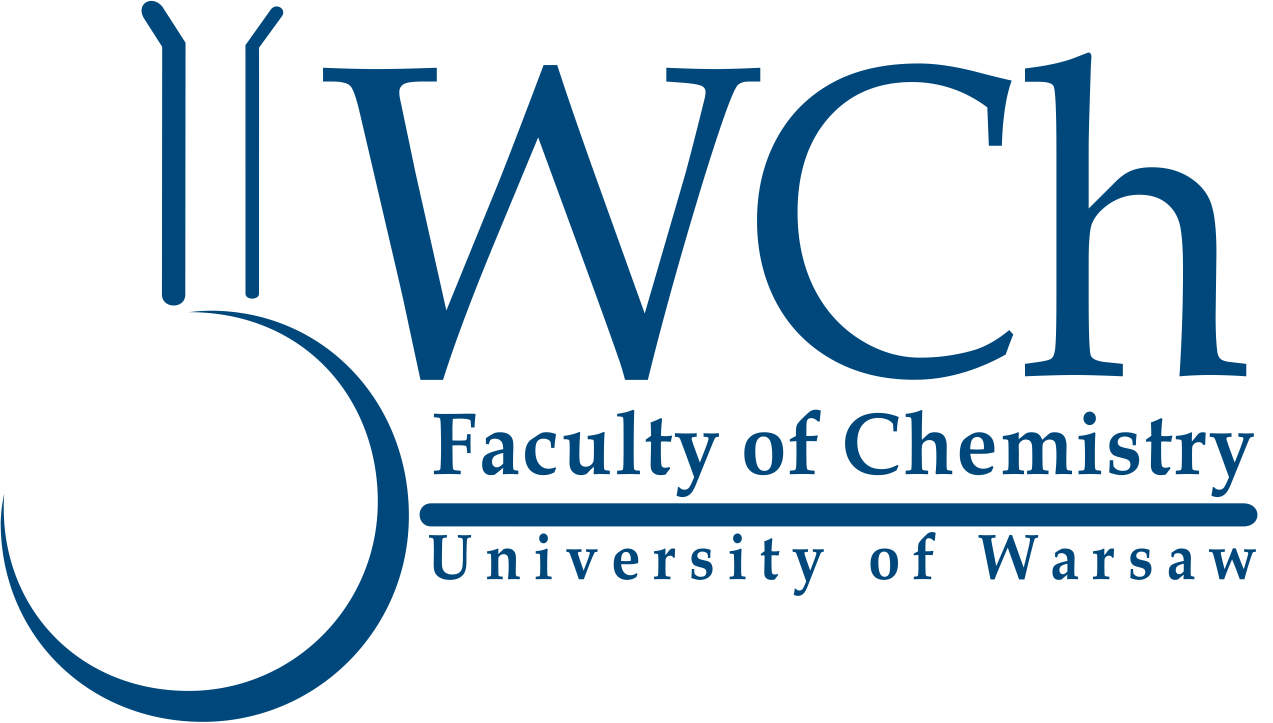Paolo Franzosini Prize IUPAC 2024 for Cezary Gumiński
14 01 2025
In 2024, the Franzosini Prize was presented to Cezary Gumiński and to Christian Ekberg
Franzosini Prize
In the year of 2024 two Franzosini Prizes were given to
- Cezary Gumiński from the Faculty of Chemistry, University of Warsaw, Poland, and to
- Christian Ekberg from the University of Göteborg in Sweden
The winners of the Franzosini Prize were announced during the International Symposium on Solubility Phenomena and Related Equilibrium Processes (ISSP21) and each gave an oral presentation. Cezary Gumiński spoke about “My adventures with the solubility data”, while Christian Ekberg spoke about “Uncertainty and sensitivity analysis of chemical modelling and experiments”.

Clara Magalhães (Chair of SSED), Magdalena Bendová (Chair of the SSED Prizes committee) and Cezary Guminski a 2024 Franzosini Prize Awardee
Cezary Gumiński is a Polish chemist who studied and completed his entire academic career at the University of Warsaw, Department of Chemistry. The first time he attended a meeting of the Solubility Data Commission (IUPAC Commission V. 8) was during the IUPAC General Assembly held in Lyngby, Denmark, in 1983, where he was Observer Member. He has been an active member of IUPAC since 1984, with an extraordinary contribution, having edited and/or contributed to nine volumes of the Solubility Data Series and a tenth one is under preparation, and in recent years, he has also been involved in the critical evaluation of homogeneous systems equilibrium data. The critical evaluation of solubility data covered a wide range of systems of technological and scientific interest, such as metals in mercury and liquid alkali metals, or rare earth metal salts in water and aqueous solutions. In the last ten years, he is also participating in the critical evaluation of stability constant data for metal-ion/tetraoxidosulfate complexes in homogeneous solutions. As part of this project, led by Glenn Hefter, a Technical Report was submitted in 2024 for publication in Pure and Applied Chemistry, with a critical analysis of more than 400 data solely on the ionization constants of sulfuric acid. He also published six chapters in books and more than one hundred papers in international referred journals on some of his scientific interests as diffusional aspects of electroanalytical techniques, equilibria and kinetics of formation of cryptate complexes in mixed solvents, physical chemistry (phase diagrams, solubility, diffusion) of binary and ternary systems in liquid metals (especially in mercury and the alkali metals).
